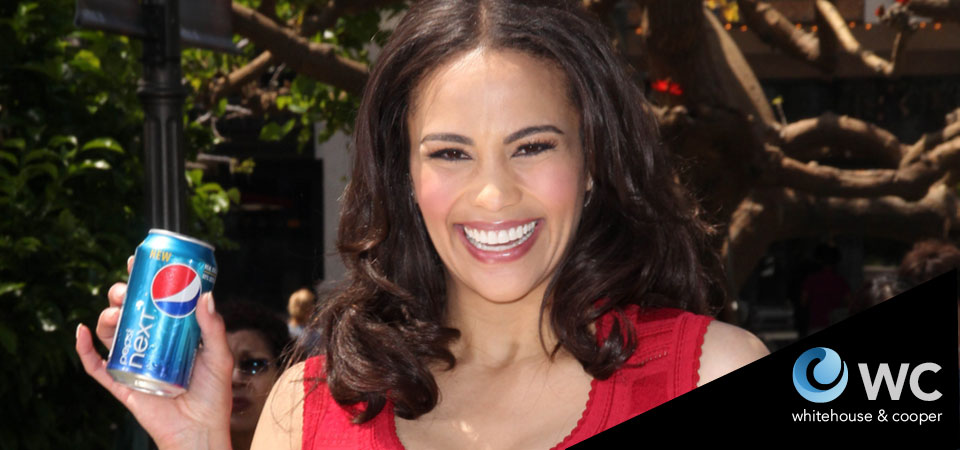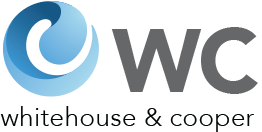
What You Need to Know about Using Your Name in Your Business Name
It’s not uncommon to associate a person’s full name or a family name with a business. Some of the most well-known brands in the world, such as Ford, McDonald’s, Disney, and Johnson & Johnson, are named after their founders. For small businesses and startups, using a name allows you to capitalize on the reputation of a person or family, which can provide instant brand equity. However, using an individual or family name in the business name can create legal questions, hurdles and headaches.
First, it is important to realize that every individual does not have a legal right to use his or her name as a business name or trademark. Just because your name is McDonald, that doesn’t mean you can open a restaurant with McDonald in the business name. Also, you may have trouble registering your name as your business name with the state, especially if it is a common name and someone else is already using it. You can always use a variation of the name, but if you have two businesses with similar names offering similar products, this will create confusion among customers.
Trademarking a person’s name is difficult unless you’re a celebrity. You may be able to register your name as your business name, but you won’t be able to trademark it until you reach a point where your name is equated with the goods. In this case, the name has established secondary meaning and becomes unavailable for all uses that might create confusion. Again, just because your name is McDonald, that doesn’t mean you can open a restaurant with that name.
Many people attach their names to their company because they want to create a family business to pass down to future generations. But what happens if future generations don’t want to be involved with the family business? If you decide to sell, the tendency is to overvalue a business when your name is attached to it, which can make negotiations difficult. A family-named business can be less appealing to a potential buyer who has no financial or emotional ties to the family. They would be buying a company with a name that no longer makes sense.
If business partners or members of your family have a falling out and decide to open separate businesses, who owns the rights to the family name? Without a clear record of ownership, you could be involved in a painful legal dispute about who can continue to use the family name. In some cases, multiple businesses will use a variation of the name in attempt to leverage brand equity, but this can create confusion in the marketplace.
Suppose your company is wildly successful. You want to cash in and move on to new opportunities. But a buyer will own your name as it relates to the business. Naturally, a buyer will want to capitalize on the reputation of that name and could demand that you sign an agreement that limits your future use of the name. If the buyer proceeds to run the business into the ground or does shoddy work, your reputation could suffer. And there won’t be much you can do about it.
Choosing the right name from your business is important from branding, marketing and legal perspectives. If you’re thinking about using your name in your business name, make sure you understand the legal issues that you may encounter, and consider consulting with an attorney to make sure your interests are protected.
© Copyright 2011 – 2023 Whitehouse & Cooper, PLLC. All rights reserved. Privacy Policy
No products in the cart.


